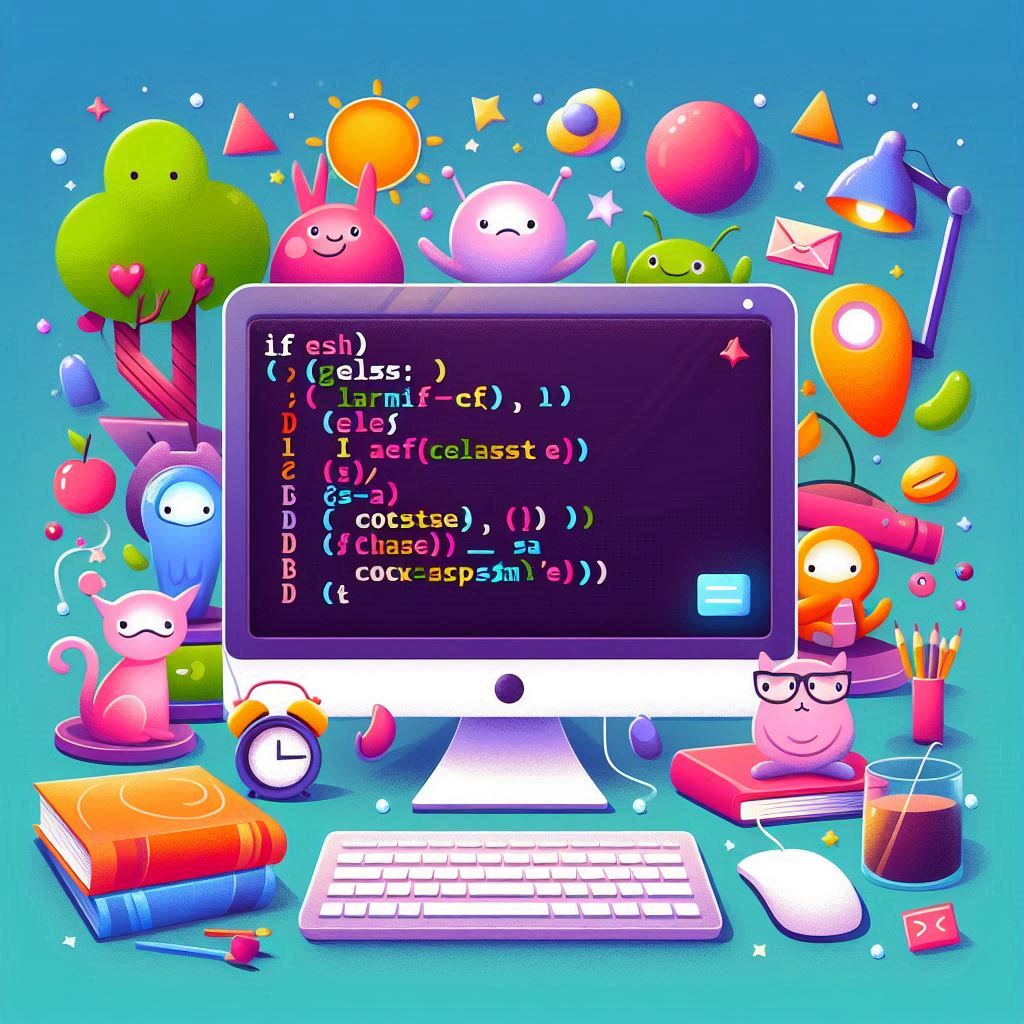PHP code structure and formatting play a crucial role in maintainability, readability, and collaboration. Whether you are working on a solo project or in a team, following best practices in PHP code structure and formatting can significantly improve your code quality. This article will guide you through these practices with examples.
1. Proper PHP Code Structure and Organization
A well-structured PHP script follows a logical organization of files, functions, and classes. Here are some key principles:
Use Meaningful File and Folder Names in PHP Projects
Organizing your files properly helps in navigation and maintainability.
project/
├── src/
│ ├── Controllers/
│ │ ├── UserController.php
│ │ ├── PostController.php
│ ├── Models/
│ │ ├── User.php
│ │ ├── Post.php
│ ├── Helpers/
│ │ ├── FormatHelper.php
├── public/
├── config/
├── index.php
Use Object-Oriented Programming (OOP) for PHP Code Structuring
OOP helps in structuring your PHP code in a reusable and modular way.
class User {
private string $name;
private string $email;
public function __construct(string $name, string $email) {
$this->name = $name;
$this->email = $email;
}
public function getUserInfo(): string {
return "User: $this->name, Email: $this->email";
}
}
$user = new User("John Doe", "john@example.com");
echo $user->getUserInfo();
To learn more about PHP Object-Oriented Programming (OOP), check out this guide: Understanding PHP OOP.
2. Writing Effective Comments in PHP Code
Comments help developers understand the code. However, excessive or unnecessary comments can clutter the code. Here’s how to use them effectively:
Single-Line Comments in PHP
// This function returns the sum of two numbers
function add($a, $b) {
return $a + $b;
}
Multi-Line Comments for PHP Functions
/*
* This function calculates the total price of items in a cart.
* It takes an array of item prices and returns the total amount.
*/
function calculateTotal(array $prices): float {
return array_sum($prices);
}
DocBlocks for Functions & Classes in PHP
DocBlocks provide detailed documentation that can be used by IDEs.
/**
* Class User
* Represents a user in the system
*/
class User {
/**
* @var string $name User's name
*/
private string $name;
/**
* Constructor to initialize user data
*
* @param string $name User's name
* @param string $email User's email
*/
public function __construct(string $name, string $email) {
$this->name = $name;
$this->email = $email;
}
}
3. PHP Code Formatting and Indentation Best Practices
Follow PSR Standards for PHP Formatting
PHP-FIG (PHP Framework Interop Group) has defined coding standards such as PSR-1, PSR-2, and PSR-12 to ensure consistency. Some key rules include:
- Use 4 spaces for indentation (instead of tabs)
- Use camelCase for method names and snake_case for variables
- Opening braces on the same line for functions and classes
function validateEmail(string $email): bool {
return filter_var($email, FILTER_VALIDATE_EMAIL) !== false;
}
Avoid Long Lines in PHP Code
Break long lines into multiple lines for better readability.
$result = someFunction(
$param1,
$param2,
$param3
);
Use Consistent Spacing in PHP Arrays and Objects
$array = [
'name' => 'John Doe',
'email' => 'john@example.com',
];
4. PHP Naming Conventions for Clean Code
Using meaningful and consistent names makes your code easier to understand.
Use Descriptive Variable Names in PHP
$firstName = "John"; // ✅ Good
$n = "John"; // ❌ Bad
Use Meaningful Function Names in PHP
function getUserAge($birthdate) { // ✅ Good
// Function logic
}
function age($b) { // ❌ Bad
// Function logic
}
To explore more about PHP naming conventions and best practices, visit this comprehensive article: PHP Naming Conventions Best Practices.
Conclusion: Why PHP Code Structure and Formatting Matters
Following proper PHP code structure and formatting is crucial for maintainability and collaboration. By structuring your code logically, commenting effectively, and formatting consistently, you ensure that your PHP code remains readable and scalable. Stick to coding standards like PSR-12, use meaningful names, and structure your project properly.
Following these best practices will help you write professional PHP code that is easy to debug and maintain.


